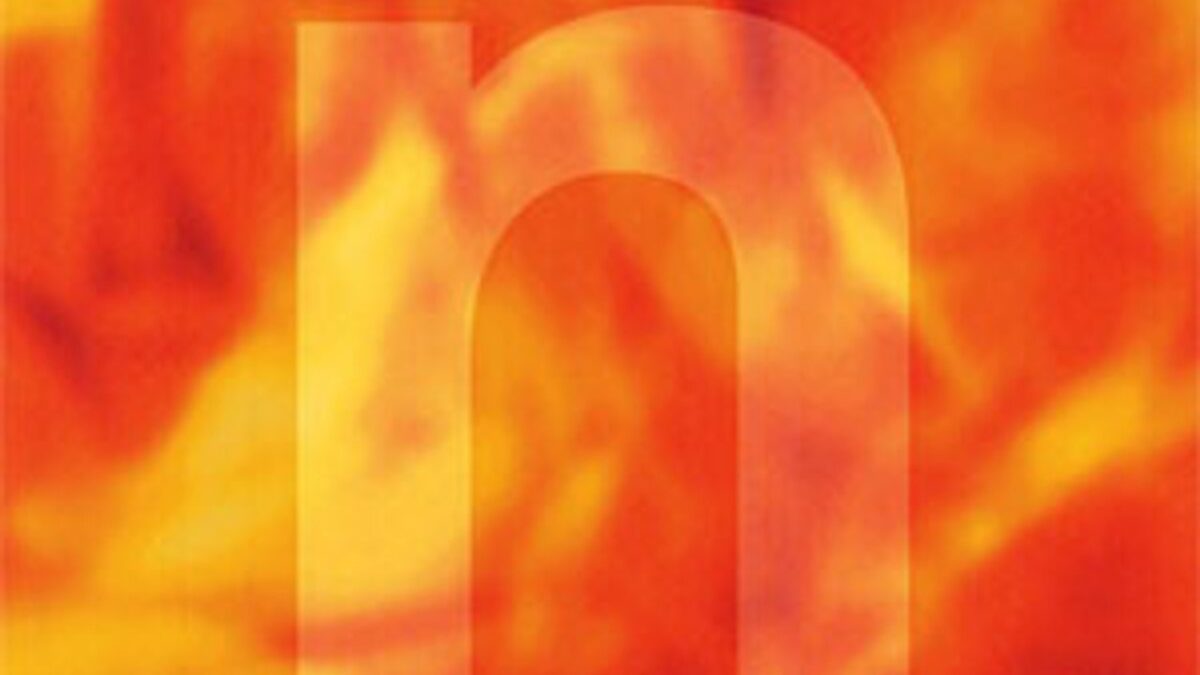
“I hate them,” Reznor said of his label in a 1991 interview with the Boston Globe. “I thought maybe we’d prove ourselves and they’d leave us alone, but it’s turned into, ‘OK, you’ve sold this many records, but you could sell—well, add a 0 to it—if you use this producer or do this house mix.’ What are you talking about!? That’s the mentality I’m dealing with.” Deep in the music industry, moving units, and amassing fans, Reznor found out that a shitty boss was a shitty boss no matter what kind of job you had.
Nothing seemed to motivate him so much as an adversary. Instead of combing down the bristles on his music, Reznor took it darker. After Lollapalooza wrapped, he set out on a second, secret tour, recording songs under aliases at studios across the country with the full-band, guitar-heavy sound he’d honed onstage. He sluiced the bile he’d been fermenting into tighter, hotter, toothier songs than he’d ever written before. The thin layer of arch coolness that protected Pretty Hate Machine flaked away, leaving a raw, festering core. He collected this burst of work under the name Broken, and put it out as a six-song EP (with two hidden bonus tracks—a cheeky cover of an early Adam and the Ants song, “Physical,” and a fleshing-out of a track Reznor had recorded with the industrial supergroup Pigface, “Suck”). It served as a kiss-off to TVT as he ditched them for Jimmy Iovine’s new label, Interscope, and launched his own incubator imprint, Nothing.
Broken amplified the elements that sucked listeners into NIN’s chaotic live shows, hoisting the guitars in the mix and deepening the beats with a smattering of acoustic drums. Reznor went nastier, figuring he might shake the specter of pop success. Instead of derailing, he only gained momentum. In October of 1992, Broken debuted at No. 7 on the Billboard 200 chart while Pretty Hate Machine hung around at No. 173, three years after its release. In 1993, the Recording Academy awarded NIN’s first Grammy, in the Best Metal Performance category, to the single “Wish.” (Three years later, their mud-covered Woodstock ’94 performance of “Happiness in Slavery” would score a trophy in the same category; NIN hasn’t bagged a Grammy since.) The deeper Reznor dug, the deeper the world burrowed. At the daybreak of the ’90s, his misery was a lightning-hot commodity.
But Broken didn’t just moan. Alongside the inflammatory anger and paralyzing dejection, Reznor kept his keen ear for pleasure. He found the erotic charge in surrendering to the fullness of your pain, the frisson in the place where suffering obliterates the ego. Sex—real sex, the improvisational, scriptless, scary kind, not just the mechanical performance of studied acts—works the same way. It storms you until all the “you” washes away. With Broken, in the grind of “Last” and the shrieks of “Gave Up,” Reznor split new layers of skin into a thundering eroticism. These songs would pave the way for “Closer,” the brutally romantic single off of NIN’s 1994 watershed The Downward Spiral, an album that would, in fact, flow abundantly through radio and MTV alike.













